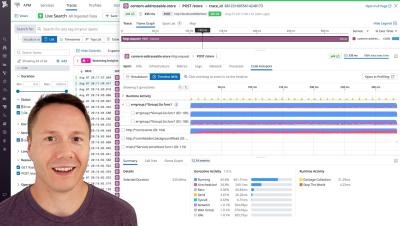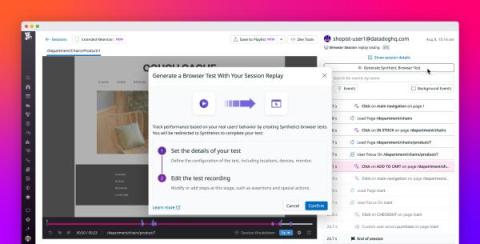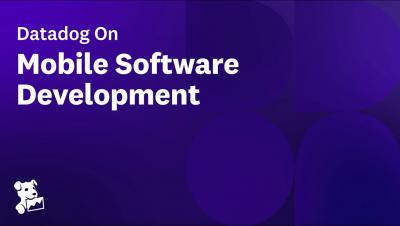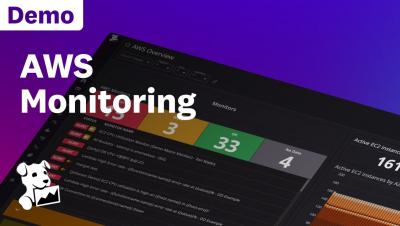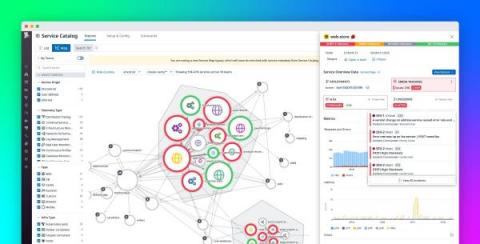Operations | Monitoring | ITSM | DevOps | Cloud
Datadog
Visualize user behavior with Datadog Clickmaps
While understanding user behavior is key to effectively optimizing your application, it can be difficult to grasp how problems in individual sessions fit into larger trends. You could look at each relevant user session one by one to gauge how many users are experiencing an issue and to what degree. However, clicking through hundreds (or even thousands) of sessions is time-consuming and can overwhelm you with data that’s hard to analyze.
Create browser tests directly from Datadog RUM Session Replay
Testing is a key part of application development and helps you maintain a reliable experience for your users. But the process can be difficult to scale and is often siloed to a single team or individual that does not have broad knowledge of your application’s UI. This can lead to organizations investing in sizable test suites that do not accurately represent real user behavior.
Leverage user context to debug mobile performance issues with the Instabug Datadog Marketplace offering
As user expectations for mobile apps increase, effective bug remediation involves not only addressing critical incidents as they occur but also proactively handling smaller performance issues in order to ensure a smooth user experience (UX). Instabug helps you understand how users experience your app with crucial mobile performance metrics—such as launch metrics, loading times, and UI hangs—viewable alongside your bug reports.
Monitor Google Cloud Vertex AI with Datadog
Vertex AI is Google’s platform offering AI and machine learning computing as a service—enabling users to train and deploy machine learning (ML) models and AI applications in the cloud. In June 2023, Google added generative AI support to Vertex AI, so users can test, tune, and deploy Google’s large language models (LLMs) for use in their applications.
This Month in Datadog: DASH 2023 Recap, featuring Bits AI, Single-Step APM Instrumentation, and more
Datadog On Mobile Software Development
AWS Monitoring Demo
Visualize service ownership and application boundaries in the Service Map
The complexity of microservice architectures can make it hard to determine where an application’s dependencies begin and end and who manages which ones. This can pose a variety of challenges both in the course of day-to-day operations and during incidents. Lacking a clear picture of the ownership and interplay of your services can impede accountability and cause application development, incident investigations, and onboarding processes to become prolonged and haphazard.
Easily install the Datadog Agent using AWS Systems Manager
AWS Systems Manager (SSM), an end-to-end management solution for AWS resources, provides a marketplace of pre-packaged software scripts for SSM-managed Windows and Linux instances, enabling AWS users to automatically install custom software on large groups of instances.


